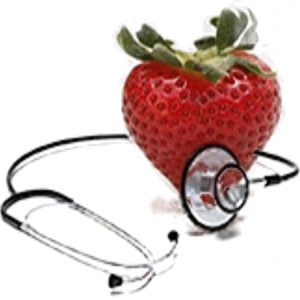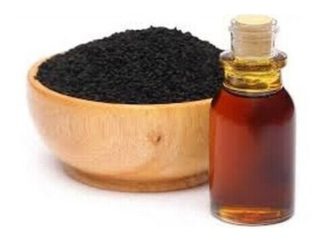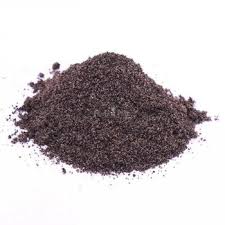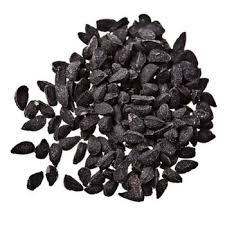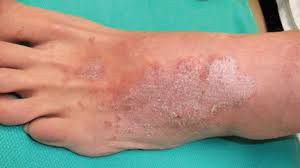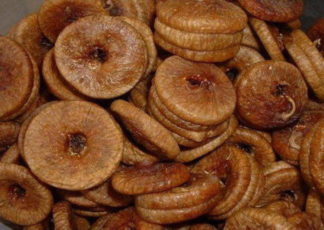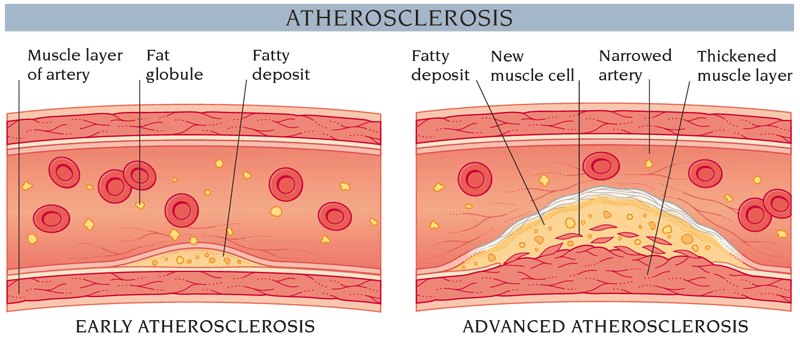
Atherosclerosis is a condition in which an artery wall thickens, which is commonly referred to as a hardening or furring of the arteries. Multiple plaques forms within the medium and large arteries when fat, cholesterol, calcium and other substances build up on the wall of the arteries and form hard structures called plaques, restricting the flow of oxygen rich blood. These plaques can also burst, triggering a blood clot.
“Atherosclerosis starts when high blood pressure, smoking, or high cholesterol damage the endothelium,” says Richard Stein, MD, national spokesperson for the American Heart Association. “At that point, cholesterol plaque formation begins.”
- Coronary heart disease (CHD), also called coronary artery disease, occurs if plaque builds up in the coronary arteries. Plaque narrows the coronary arteries and reduces blood flow to your heart muscle. Plaque buildup also makes it more likely that blood clots will form in your arteries. Blood clots can partially or completely block blood flow to your heart muscle, causing an angina (chest pain or discomfort) or a heart attack..
- Carotid artery disease occurs if plaque builds up in the arteries on each side of your neck (the carotid arteries). These arteries supply oxygen-rich blood to your brain. Reduced or blocked blood flow to your brain results in a stroke.
- Peripheral arterial disease (P.A.D.) occurs if plaque builds up in the major arteries that supply oxygen-rich blood to your legs, arms, and pelvis. Reduced or blocked blood flow to these parts of your body will cause numbness, pain, and, sometimes, dangerous infections.
- Chronic kidney disease can occur if plaque builds up in the renal arteries. These arteries supply oxygen-rich blood to your kidneys. Over time, chronic kidney disease causes a slow loss of kidney function. The main function of the kidneys is to remove waste and extra water from the body.
Atherosclerosis begins from an early age possibly beginning as early as childhood. Even people who have no symptoms of cardiovascular disease develop silent, progressive atherosclerosis as they grow older. Age alone is a major risk factor for atherosclerosis. This should come as no surprise, since aging increases inflammation, and the development of atherosclerosis.
Scientists have shown that it is now possible to help reverse the course of atherosclerosis—naturally. “A comparison of two recently published clinical trials shows that this natural supplement not only reversed signs of atherosclerosis in human blood vessel walls, but that it did so better than a leading multibillion dollar prescription statin drug. Just eight months ago, Life Extension members were enlightened to the ability of pomegranate to reverse signs of atherosclerosis. “This specialized melon extract”, together with pomegranate, offers aging humans a powerful new weapon in the battle to reduce the risk of heart attack and stroke by restoring healthy function to aging arteries.”
When I realized that atherosclerosis was the cause for 90% of my blockages. I was very determined to reverse this inflammatory disease – watch my kids grow up and live a long healthy life. Our family for the last five(5) generations have mastered remedies for varying diseases purely from natures’ produce. With the use of the natural remedy I have noticed that blood gushes through my arteries. Today, we at Heart Natural Care want you to take the decision and derive the benefits with the daily use of our natural herbal supplement “Pomesclerosis”. Just as my family elders understood natures’ invaluable benefits, likewise today scientists have accepted that pomegranate juice offers cardiac health benefits and the amount of published research on pomegranate has increased seven-fold over all preceding years in the medical and scientific literature.¹
1. Lansky EP, Newman RA. Punica granatum (pomegranate) and its potential for prevention and treatment of inflammation and cancer. J Ethnopharmacol. 2007 Jan 19;109(2):177-206.
